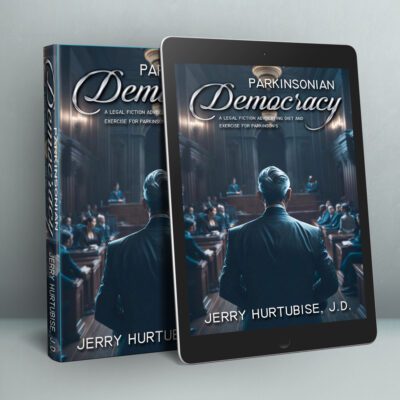Citing sources might feel like one of those “small details” you can save for later—but it’s actually one of the most important parts of professional writing. Whether you’re working on nonfiction, drafting a blog post, or weaving references into a story, citing sources correctly keeps your work legal, ethical, and respectful.
By giving credit where it’s due, you’re protecting yourself, honoring other creators, and building trust with your readers.
Why It Matters To Cite Sources Correctly
Anytime you use someone else’s work—whether it’s a direct quote, a statistic, or even a rephrased idea—you’re handling their intellectual property. When you cite it properly, you:
- Give credit to the original creator.
- Show professionalism and strengthen your credibility.
- Help readers find the original source.
- Avoid plagiarism and copyright problems that can lead to legal issues.
Skipping a citation isn’t just careless—it can damage your reputation and create consequences that are harder to fix later.
How to Cite Sources Correctly
Citing doesn’t have to be complicated. Here are practical steps you can follow:
- Pick a Style Guide and Stick With It. Academic writers often use MLA, APA, or Chicago, while bloggers may use a simpler system. The key is consistency.
- Always Credit Direct Quotes. If you’re using someone’s exact words, use quotation marks and a citation. Online? Include the author’s name and link to the original piece.
- Paraphrasing Still Needs Credit. Even if you rewrite an idea in your own words, you must cite the original source.
- Use Helpful Tools. Citation generators like EasyBib or Zotero can save time and improve accuracy.
- Double-Check Accuracy. Review your references to make sure they’re complete and consistent.
Avoiding Copyright Issues
Doing proper citations is only part of keeping your writing safe. You also need to respect copyright law. Here’s how:
- Understand Fair Use. Limited portions may qualify as “fair use,” but the rules are narrow. When in doubt, check first.
- Ask for Permission. If you plan to use an image, song, or longer excerpt, contact the creator and get written approval.
- Use Public Domain or Creative Commons. These are safe options, but always follow the licensing terms.
- Keep Records. Save any permission emails or agreements in case you need proof later.
Pro Tip: Discover why copyright matters to authors through this guide: Copyrights in Publishing: What Every Author Needs to Know
The Bottom Line
Citing sources correctly is showing respect for the creators who inspire you. It makes you aware of avoiding copyright issues when facing legal battles. By giving proper credit, using reliable tools, and staying informed about copyright, you can write with confidence knowing your work is both ethical and legally sound.
Your words deserve to shine, so make sure they’re supported by the right source citations.







